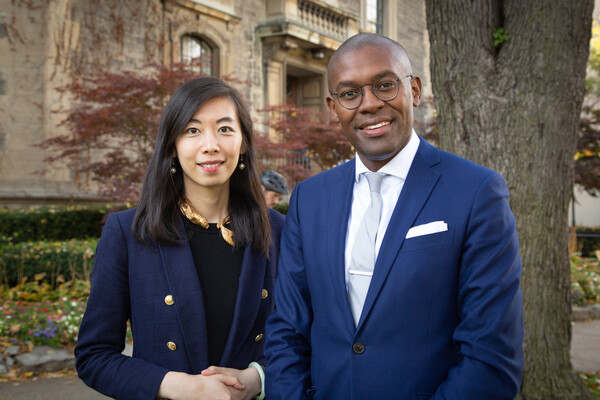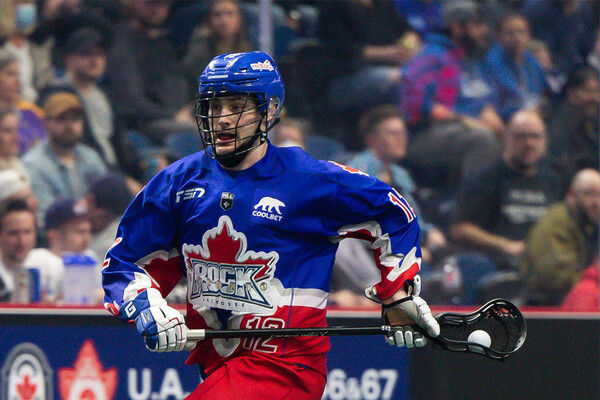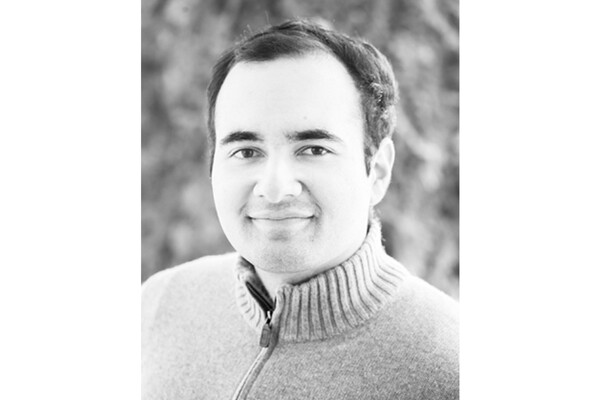Breadcrumbs
- Home
- MD/PhD Program
- News
- Facing My Fears…in the Company of Many
Facing My Fears…in the Company of Many
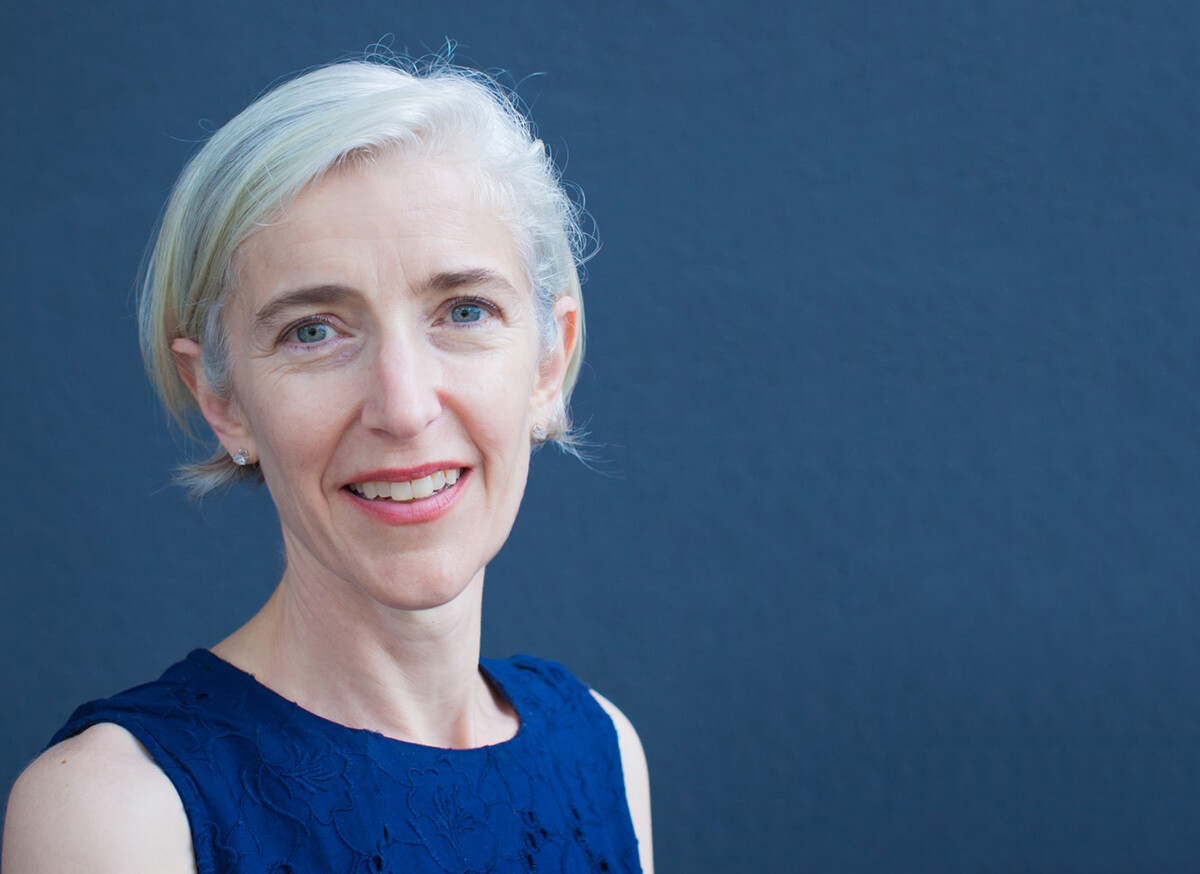
Dr. Pier Bryden
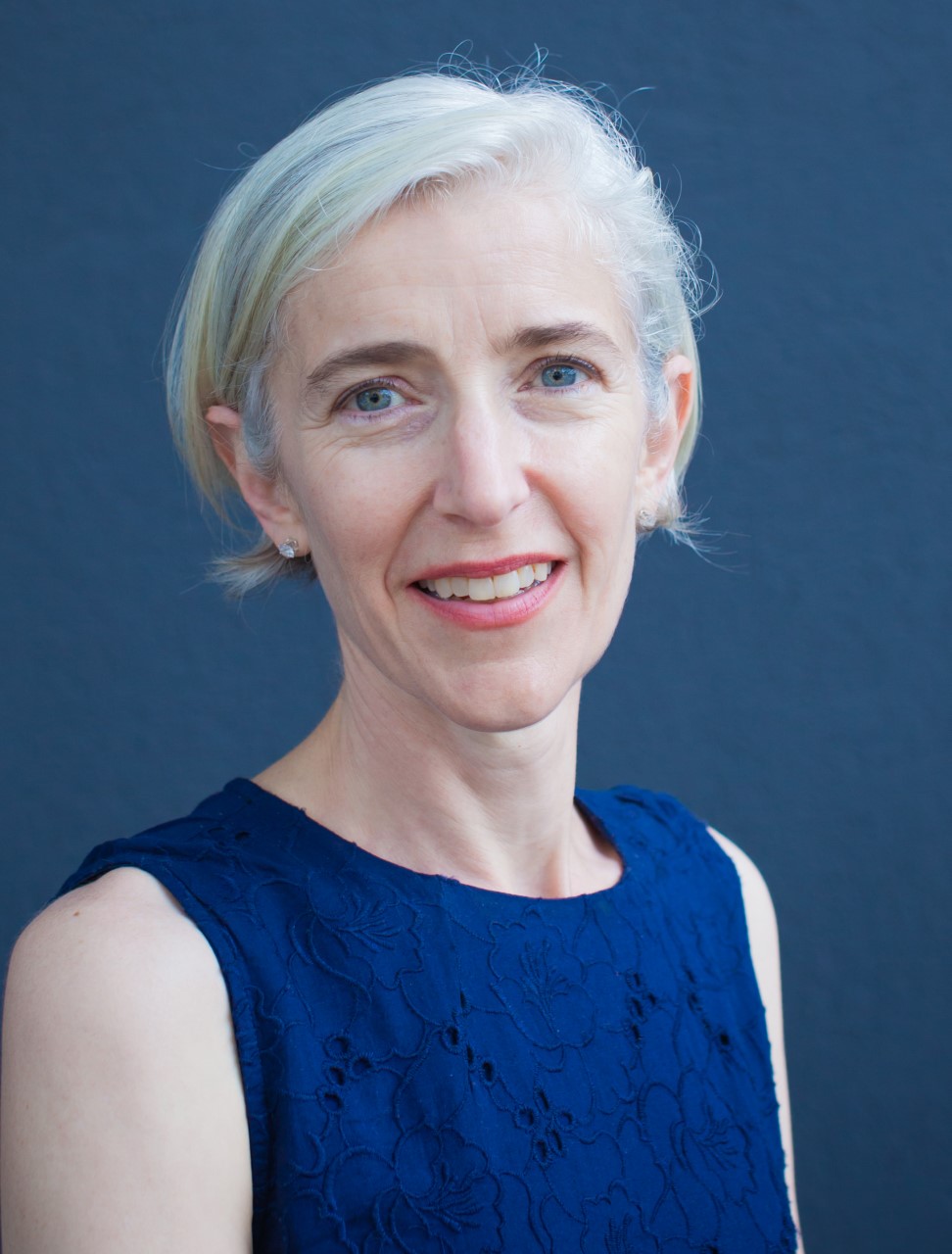 During the weeks of COVID-19 I have been riveted by articles about or by colleagues and individuals on the pandemic’s front lines. The questions I pose myself as I scour the internet are about whether I could be as brave as these people: would I be able to manage the inevitable anxiety and temptation to avoid the source of fear; would I overcome feelings of inadequacy – the nagging feeling that there is someone more competent, more equipped to manage this crisis than I am?
During the weeks of COVID-19 I have been riveted by articles about or by colleagues and individuals on the pandemic’s front lines. The questions I pose myself as I scour the internet are about whether I could be as brave as these people: would I be able to manage the inevitable anxiety and temptation to avoid the source of fear; would I overcome feelings of inadequacy – the nagging feeling that there is someone more competent, more equipped to manage this crisis than I am?
These questions are not unfamiliar to me – they are an inevitable part of a career in medicine but the pandemic has given them a new sense of urgency and meaning. As a child psychiatrist, most of my clinical care currently is virtual and when I do go into Sick Kids to provide emergent coverage, I know I am entering one of the safest clinical environments in the city. I have not had to face the very present and immediate fears confronting those of our healthcare colleagues who are providing in person care to patients with the virus. I am left with my questions and keep reading…
Helen Ouyang is an emergency physician and writer in New York City whose recent article in the New York Times describes the numbing fatigue and constant fear that she and colleagues endure as they battle the raging wildfire that COVID19 has sparked in the city’s hospitals. She and her colleagues are heroes by any measure.
And yet, she and they continue to ask themselves the same questions that I have been asking myself: They worry about having to watch their patients die, helpless to prevent these deaths. They worry about getting sick themselves. Dr. Ouyang experiences panic as she worries about infecting herself by misusing PPE.
An Italian colleague tells her “It’s very hard to stay human”. Ouyang writes, “I’ve never felt less useful as a doctor”. And yet, her conclusion inspires and haunts me: “The one thing I can do – what I think will matter most, in the end – is just to be a person first, for these patients and their families.”
I have some confidence – albeit shaky – that I will be able to demonstrate her courage to support our frontline colleagues in Toronto, if needed. That I will show up, be present, not give in to my fear that others will be more capable, more effective, more able to manage their fear than me. This confidence is drawn from my medical training, from practicing during SARS and from over two decades of showing up as a staff physician - for work, for on call shifts, to care for those patients whose illnesses scare me.
That small confidence has been built up one day, one shift, one patient at a time. I have learned that my best on any given day has to be good enough; that I can ask colleagues for help despite my fear of looking incompetent; that I can acknowledge to patients that I am not sure what will be best for them and need to consult experts and the medical literature. I have learned that sometimes just showing up is an act of courage. So while I cannot guarantee I can emulate Dr. Ouyang and our local heroes, I will make sure I am ready if needed.
In the same issue of the NYT, David Brooks, an editorial writer, has his own thoughts about how healthcare professionals learn to be heroes, given that very few of of us start out that way. He speaks to the contrast in how healthcare professionals are trained – consistent and enforced confrontation with anxiety in order to master the impulse to avoid - with what he characterizes as “coddling” that in his view too many young people today receive from parents and educators.
While I agree with those of Brook’s critics who point out that his position of privilege distances him from children from marginalized groups whose lives are the exact opposite of coddled, I recognized a truth and a tension in his description of medical education. How do we build training programs that have the goal of helping each other to face our fears – of inadequacy, of cowardice, of incompetence, of loss, of illness and death (our own and others) – while remaining humane?
Dr. Ouyang offers a partial answer. Woven through her article are texts, face times, conversations with colleagues where each person acknowledges their fear; validates those of their colleagues; talks about their values and how the pandemic challenges these; and, supports one another to keep doing their jobs.
Very few of us are born heroes.
It is our values, and our connections and trust in one another, that allow us to face our fears rather than to avoid them. It is not a perfect trust – particularly when it comes to the institutions in which we work and our governments - and it has to be earned. From the perspective of an educator and physician and Director of the Professional Values Program at the Faculty of Medicine, I recognize that earning this trust means working with our learners and faculty and leaders to build learning and work environments that are challenging and demanding yet also psychologically safe.
Environments that facilitate the type of relationships that build courage rather than erode it. In this and future societal health crises we hope the answers to our collective self-interrogation will be the same: we are frightened and we will show up – together.
Dr. Pier Bryden is the Director Program Integration in the MD Program and Director of Professional Values at the Faculty of Medicine.
News
